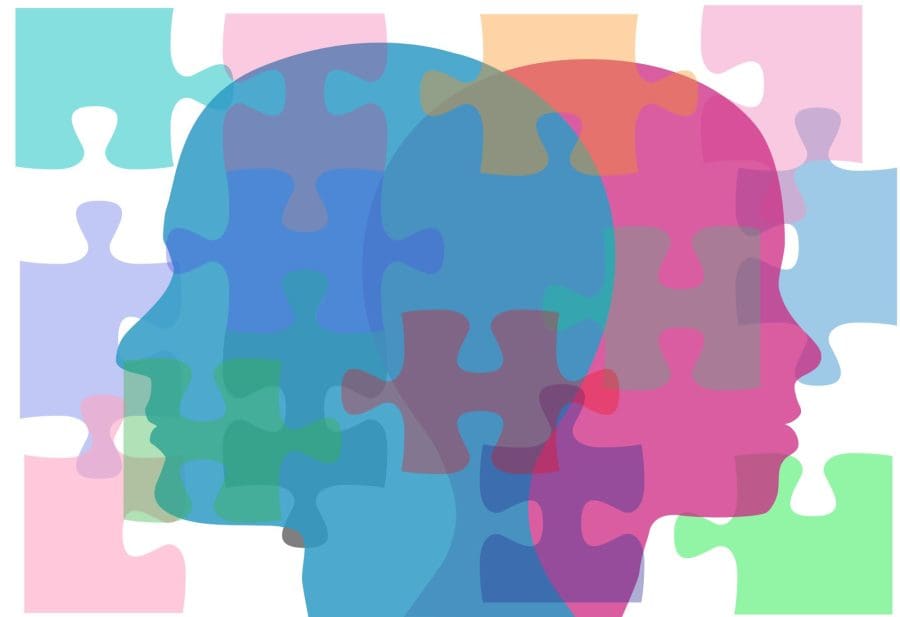When you have a mental health condition or substance abuse issue, getting help is important. But so is knowing how to get help after you graduate from a treatment program. Recovery is a lifelong process, and you’ll need to be prepared to commit to recovery after you return to your normal life. But how can you know what to do after rehab?
Although some mental illnesses, like very specific phobias, can be cured, many mental illnesses are chronic and are likely to require a lifetime of care and attention. This is also the case with drugs and alcohol addiction. Life events can cause those who have been sober for years to turn to their drug of choice. If you don’t know what to do after rehab to stay clean and sober, you’re likely to experience a relapse at some point in the future.
Whether you have graduated from a mental health program or a rehab program, there are things you can do after treatment to increase your chances of avoiding a relapse.
Contents
Laying the Foundation for Long-Term Recovery

It’s important to lay the foundation for long-term recovery by attending an accredited program. The beginning of recovery is where you’ll first learn what to do after rehab. When you receive recovery support from licensed professionals who customize a treatment plan for your specific needs, you can truly overcome your mental health challenges and give yourself a better shot at avoiding a relapse.
A few programs to consider include:
- Adult psychiatric program: This type of program can help you overcome mental health conditions like anxiety, bipolar disorder, depression, and other mental illnesses.
- Dual diagnosis program: Overcome a mental illness that co-occurs with a drug or alcohol addiction by receiving both mental health and addiction treatment at the same time.
- Crisis care services: This type of program is essential for those who are contemplating or who have engaged in self-harm or suicidal activities.
- Alcohol detox: Detoxing from alcohol is done with the help of a knowledgeable, trained, and certified support system to ensure you are safe throughout the detox process.
- Drug detox: A certified detox program can help you work through the terrifying withdrawal symptoms that are common when detoxing from substances like opioids and benzodiazepines.
Incorporate Discharge Planning From the Very Beginning
Knowing what to do how to maintain recovery long-term is nearly impossible without help. That’s why discharge planning is an important part of knowing what to do after rehab. It’s important to follow a plan that is created by a mental health professional or addiction specialist who understands the unique challenges you’ll face upon returning home.
An accredited treatment center will offer discharge planning from the very beginning of treatment—they won’t wait until right before you’re ready to check out. This enables you to communicate your goals, ensure you get the most out of treatment, and establish clear steps to follow afterwards based on the treatment you received.
Continue Individual Counseling
Your discharge plan will probably include individual counseling. People in recovery can greatly benefit from individual counseling sessions because it enables you to focus on your long-term goals. It also enables you to speak about topics that you might feel uncomfortable discussing with friends, family, or in a group setting.
Individual counseling can help you stay sober by helping you work through stressful life situations that may cause you to consider drinking again. A counselor can also help you identify feelings of depression, anxiety, or other mental illnesses earlier, helping you to avoid a complete relapse.
Join a Support Group

Many treatment programs offer support groups as part of regular therapy. You may have the ability to continue working with the same support group after rehab. You may also want to consider joining a new support group.
12-step programs like Alcoholics Anonymous are popular with those who suffer from substance use disorders. They can give you a supportive place to talk about your addiction, but they can also be a good place to meet sober friends. This is especially important if the majority of your current friends do drugs or drink alcohol.
Support groups can also be helpful for those struggling with a mental illness. It is difficult for friends and family to truly understand what you’re going through. Members of a group who experience the same mental health struggles as you do understand that it isn’t something you can just get over. They understand exactly where you’re coming from, and because they have been there before, they can help you maintain your mental health by providing you with tips and tricks that have worked for them.
Consider an Outpatient Program or a Sober Living Home
Just because you leave rehab after completing the recommended program doesn’t mean you’re ready to be on your own yet. If you suffer from a very serious mental illness, you may need more intensive support after you graduate from inpatient treatment. In addition, if you’re just starting the recovery process after years of substance abuse, drug rehab may not be enough. You may want to consider an intensive outpatient program.
A program like this builds a bridge between life at a treatment center and true recovery from a mental illness or drug addiction. Instead of re-entering your everyday life on your own, an intensive outpatient program can provide you with increased support while you integrate back into normal life.
A program like this includes both group therapy and individual therapy. Instead of attending sessions just once or twice a week, an intensive program allows you to attend school, manage family obligations, and go to work while attending sessions as many as five days each week.
Turn to Baton Rouge Behavioral Hospital if you want to live a substance-free life or you want to manage a mental illness in the long-term. Not only do we offer a variety of rehab programs, we also support you on your journey to discovering what to do after rehab is over. Call us at 225-300-8470 and allow us to be your first, middle, and last stop to a mentally healthy, substance-free life. You can also get ahold of us day or night by filling out our online form right now.















